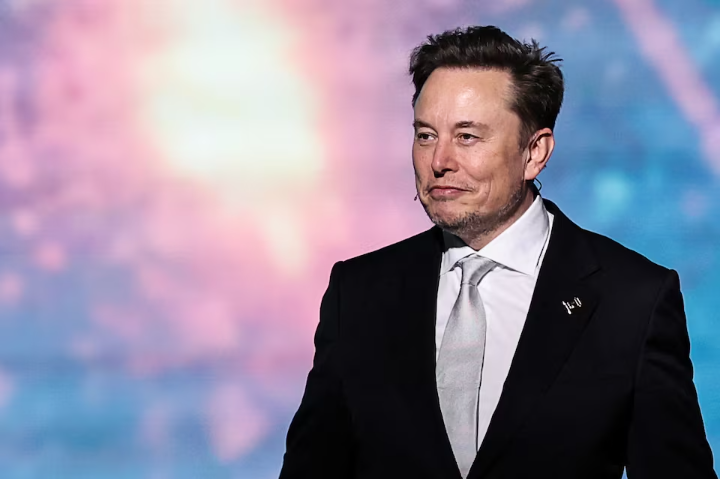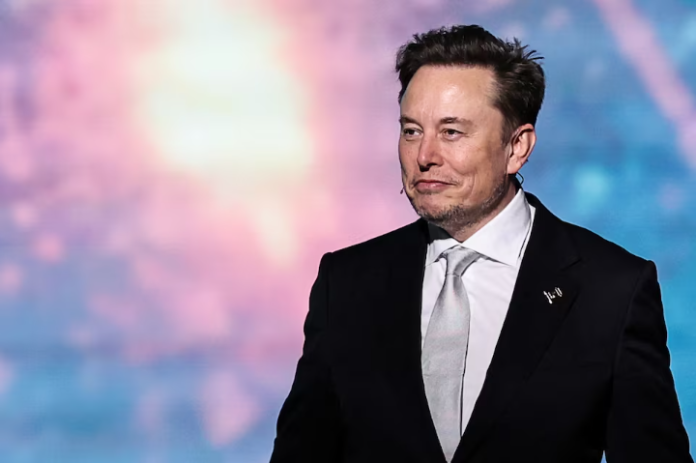In a surprising turn of events, new reports reveal that Tesla CEO Elon Musk denied the cancellation of a highly anticipated $25,000 electric vehicle (EV) — even after internally scrapping the project.
The affordable EV, long dubbed the “Model 2” by fans and investors, was once touted as the key to Tesla’s global EV dominance. However, sources close to the company say it had already been shelved before Musk publicly called reports of its demise “lies.”
When Reuters initially broke the news in April 2024, Tesla’s stock dropped nearly 6%, only for Musk to take to X (formerly Twitter) and post, “Reuters is lying.” The statement halted the fall and helped Tesla claw back some losses. But behind the scenes, executives were baffled — because Musk had indeed canceled the Model 2 weeks earlier.
According to insiders, senior Tesla managers were left confused by Musk’s denial. Some reportedly approached him to ask if he had reversed his decision. Musk assured them that he had not — the $25K EV was still dead. This contradiction stirred internal concerns about misleading investors, especially considering the project had been central to many long-term forecasts.
What replaced the Model 2? Tesla is now working on cheaper versions of the existing Model 3 and Model Y instead of introducing a brand-new vehicle. These “stripped-down” variants are expected in the first half of 2025, though delays have already been reported. Tesla claims these models will offer affordability without a new manufacturing platform — a stark departure from the previously promised groundbreaking innovations.
The fallout hasn’t just been internal. Some Tesla investors are voicing disappointment. Gary Black of Future Fund LLC, who once held a $1.2 million stake in Tesla, recently pulled out. His reason? Tesla’s low-cost vehicle plan now looks more like a downgraded Model Y than the disruptive EV once envisioned.
More concerning are the potential legal implications. Several executives reportedly feared that Musk’s denial could trigger scrutiny from the Securities and Exchange Commission (SEC).

Back in 2018, Musk paid $40 million to settle allegations that he misled investors over plans to take Tesla private. Since then, Musk is supposed to have legal vetting for certain Tesla-related social media posts. But sources claim he ignores this rule.
Adding more confusion, Musk used the same day to tease an upcoming “Robotaxi” reveal scheduled for August 8 — something few employees even knew about. That event was eventually delayed to October and failed to live up to the hype.
Meanwhile, competitors like China’s BYD are charging ahead. Their Seagull EV, which costs under $10,000 in China, is gaining global traction and outsold Tesla in Europe for the first time in April. As Tesla battles internal miscommunication, falling sales, and investor skepticism, the question looms: Can the company still deliver on its once-revolutionary promises?



